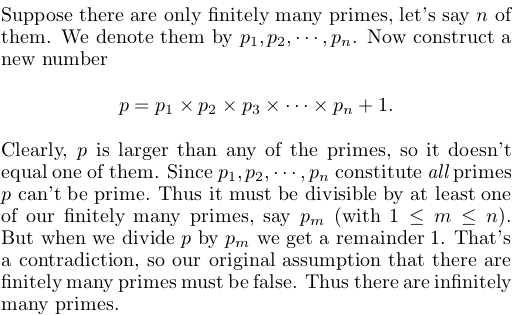kann_ wrote:One combinator per chest should be enough. Each combinators should have a different output "resource". Then you can store all chest values on one storage cell instead of one per chest. Then you can use Each>0 = Resource(input count) to sum all the different signals.
Perhaps no one actually understand these messages, so I am going to show them on the real case:kann_ wrote: Actually there are even more ways... best is probably to activate all input inserters if all chests are empty and activate all output inserters when all chests are full. Than you can actually just sum up all chests.
Different item types per chest (1 combinator per chest + 2)
Because this build transfers 9 items simultaneously and 8 items will have to wait for the ninth.
Rule "iron = 2" will work only if all output inserters transfer items simultanesouly which is not possible at all.kann_ wrote: wire all chests with input of arithmetic combinator sum/#chests=iron, this will be 1 if all chests have one iron otherwise 0.
wire (same color) combinator output to every input and output inserter.
wire (different color) every chest with every input and output inserter.
input inserter rule: iron=0
output inserter rule: iron=2 *might not work due to inserter timing, in that case it will get a little more difficoult



